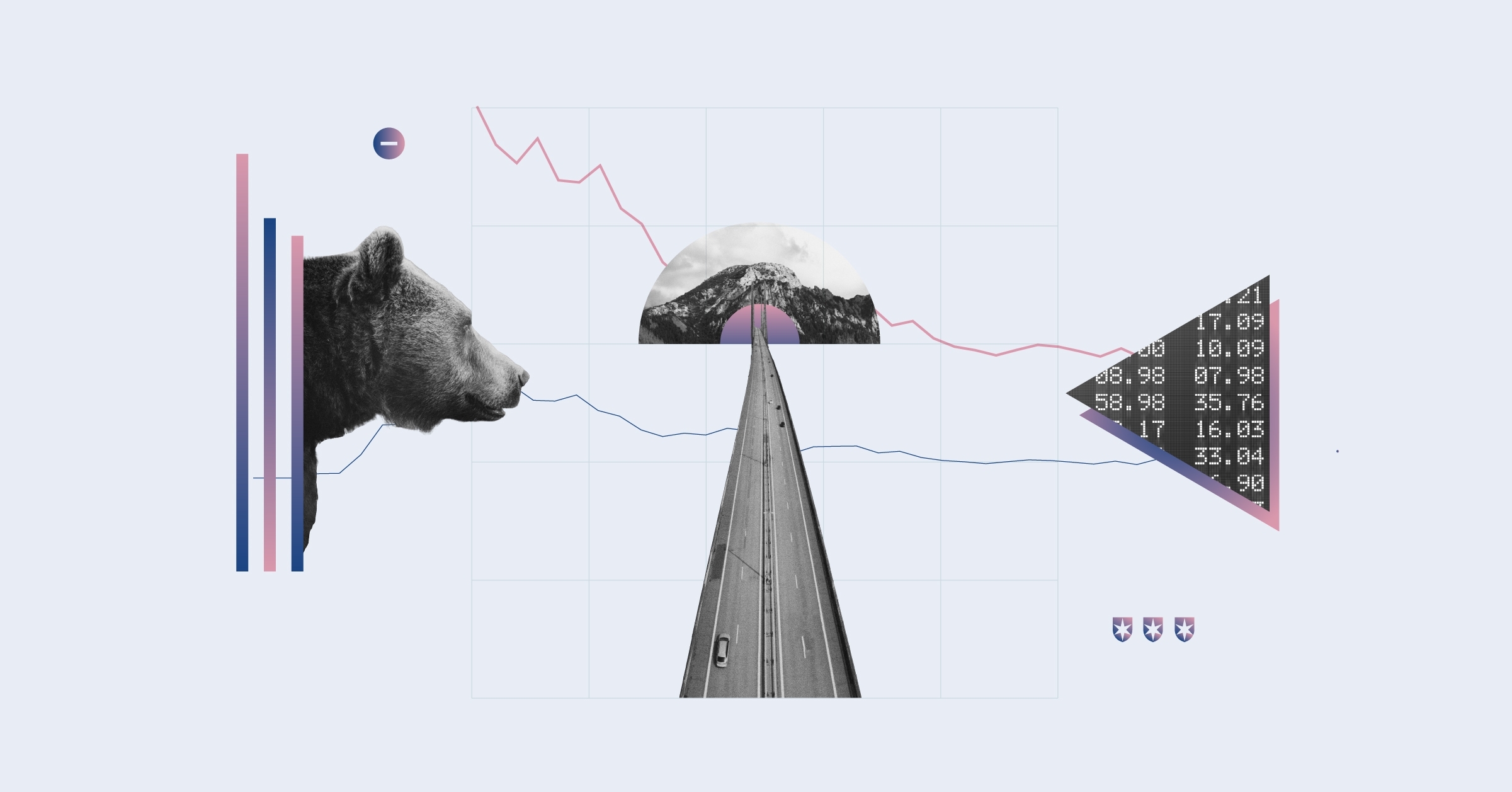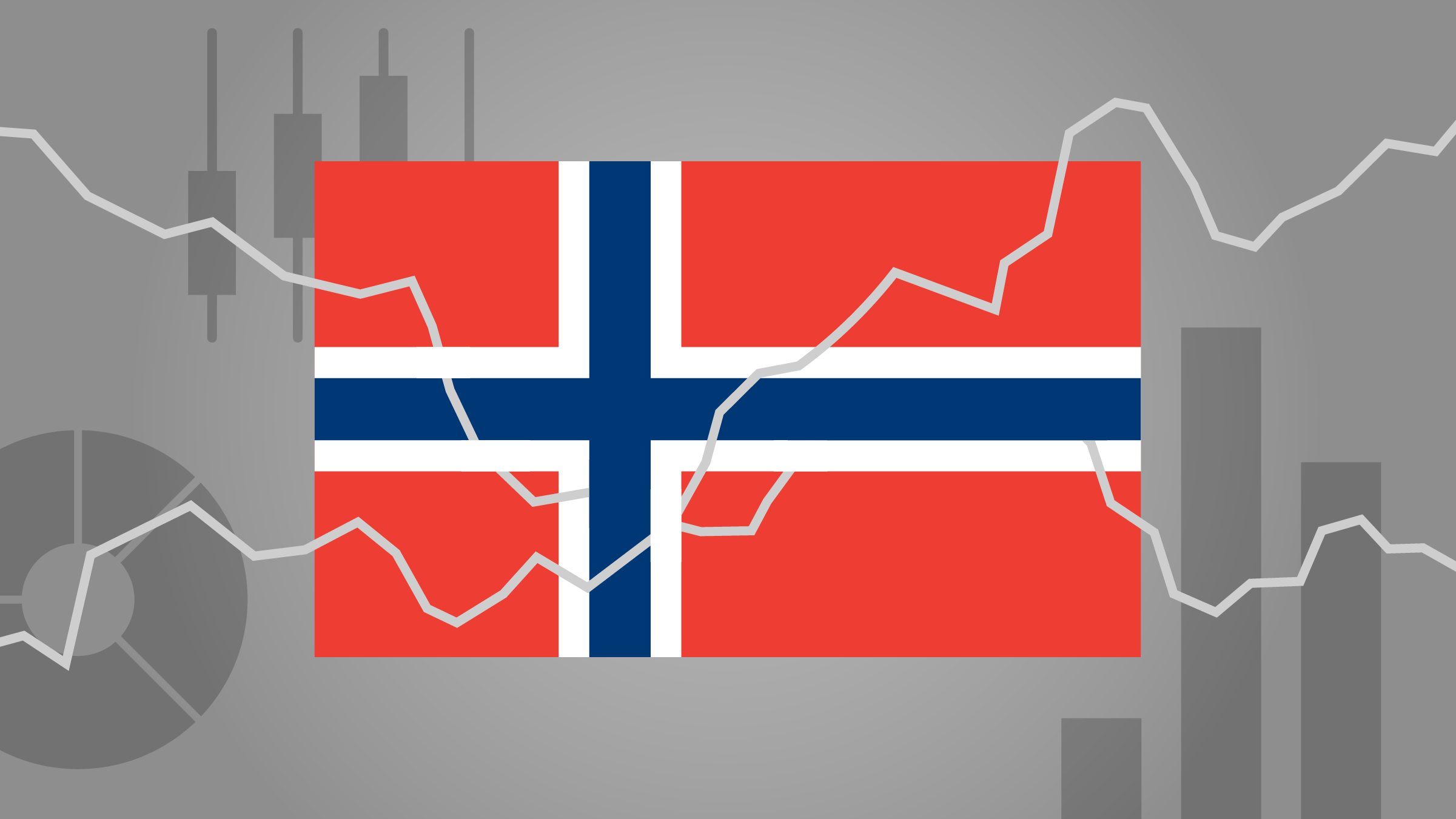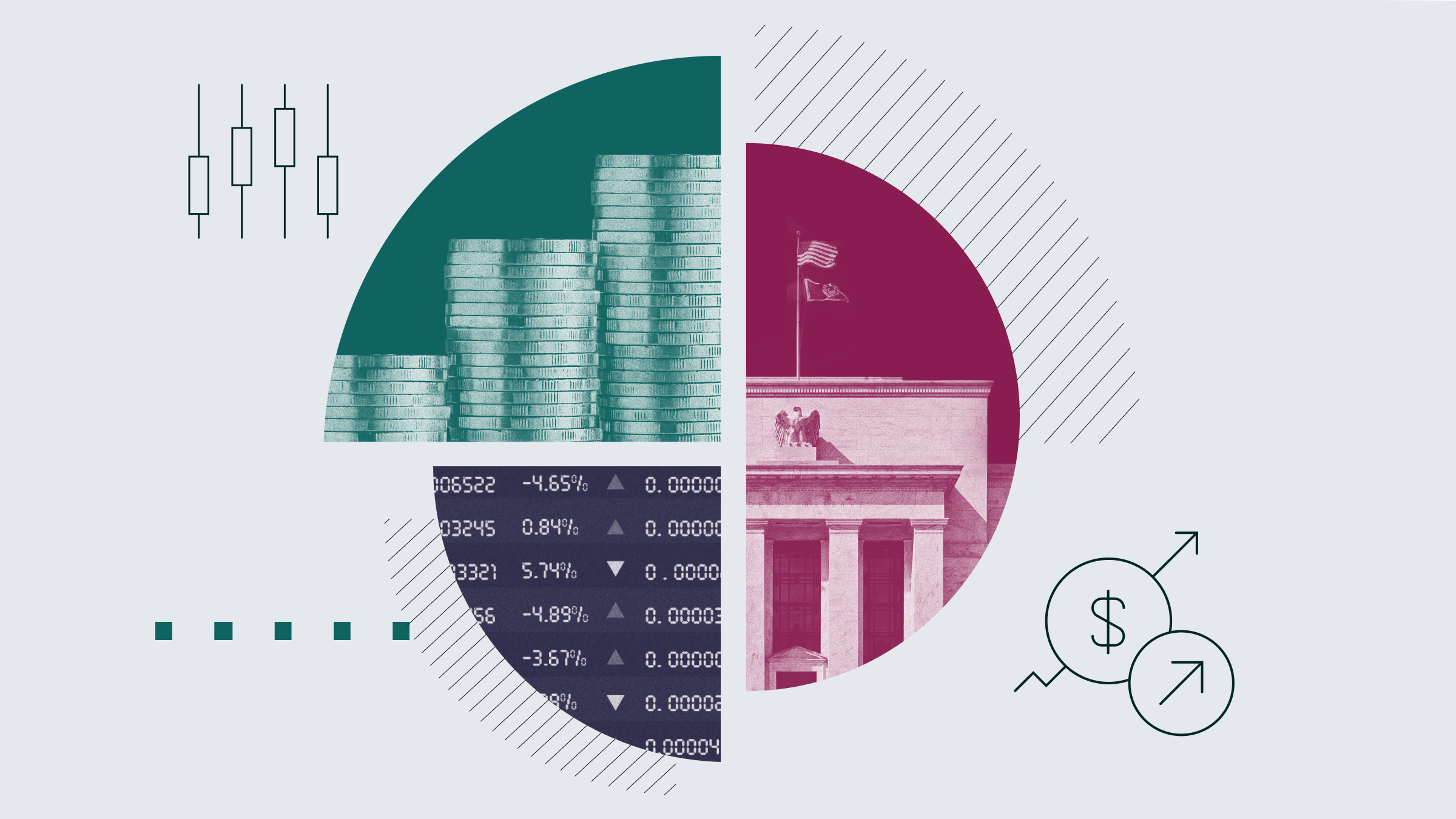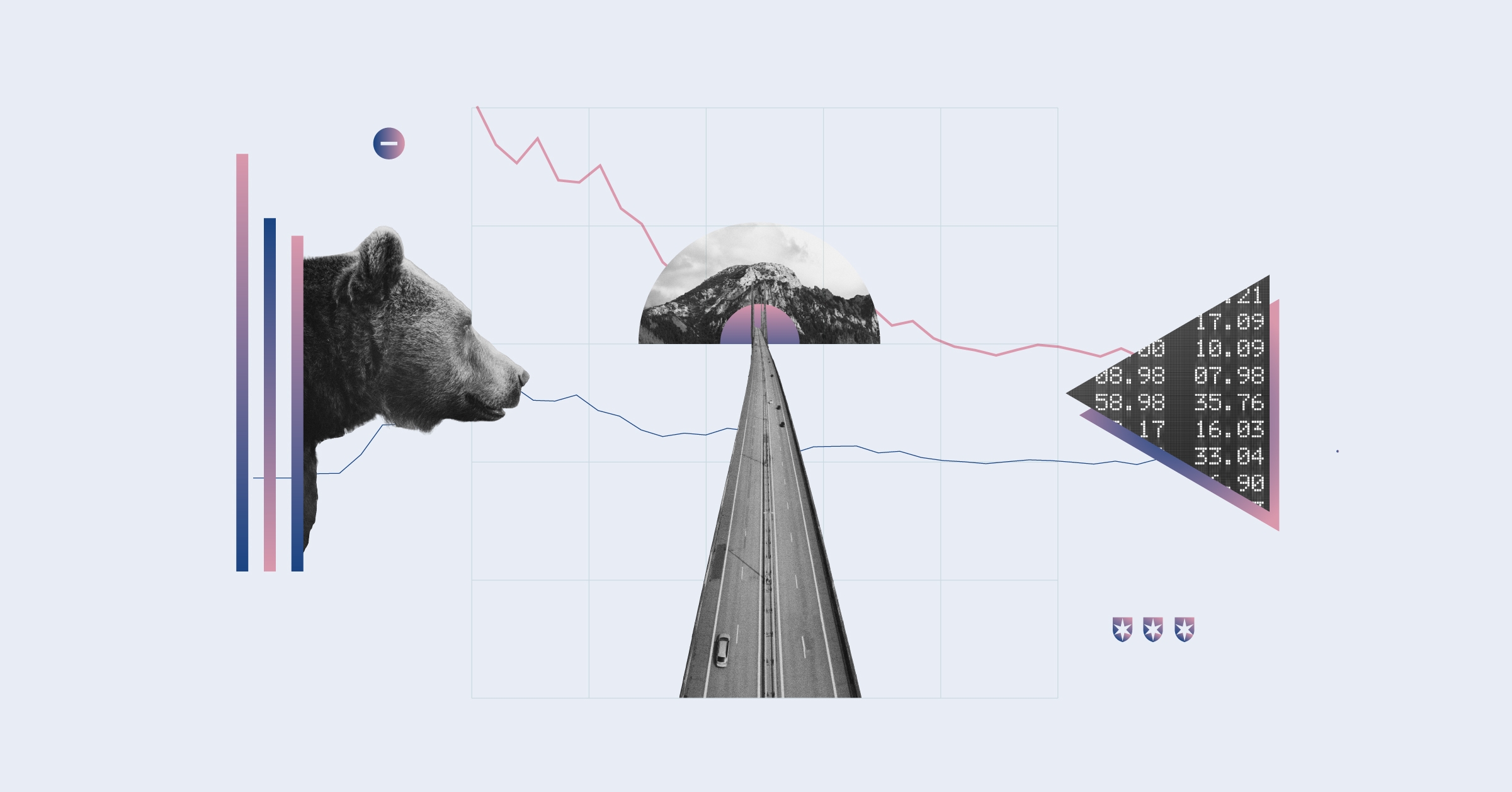Christine Benz: I'm Christine Benz for Morningstar.com. Very strong market environments can lead to all sorts of behavioural mistakes. Joining me to discuss that topic is Carl Richards. He is director of investor education at the BAM Alliance.
Carl, thank you so much for being here.
Carl Richards: Thanks for having me.
Benz: So, Carl, the market has been really quite good. Investors have begun gravitating toward stocks. But let's talk about some of the behavioural pitfalls that they might fall prey to at times like these. One is what behavioural economists called recency bias. Let's talk about what that is and what sorts of behavioural mistakes investors can make?
Richards: Yeah, yeah. That is so fascinating because what's interesting about all of these mistakes that we make, these biases that we fall prey to is knowing the name of them. It helps a little, but we can know exactly what bias we have a tendency to fall for, we can know what it's called, and then we still do it. So, hopefully, at least knowing the name we'll at least be able to know what it's called before we do something dumb.
So, this recency effect is just this idea of, as humans we tend to take the recent past and project it indefinitely into the future. And normally it used to feel like the recent past was three years. The recent past now seems to be like three days. It's what leads us to say things like, "Oh, you know what I'm comfortable, the market's going up. This is great. I'll put in based on the past." It also leads us to say things like, "I'm getting out of this market. I have to get out. I will never invest again. Things will never get better when things are bad."
It also leads us--and this is really important--to forget what risk is after we've had three relatively calm years where the market's operating like back in 2002, '03, '04, and '05, where the market--really in '03, '04, '05 and '06--the market was like a 12% certificate of deposit, if you remember. There was almost no volatility. At that point risk could become an arbitrary concept. We couldn’t even remember it because of [the high returns in] the recent past; super tricky. So, to me the answer is to lengthen your definition of "past" and remember what you felt like last time the market was like this, just remember as you make your decisions that things change.
Benz: Someone might be inclined to take a whole lot of risk right now because they've kind of forgotten how bad 2008 felt, but remind yourself of those times and remind yourself that's why you need the safe stuff in your portfolio?
Richards: Isn't that crazy? I can remember 2008-09 were times when people were saying, "I will never invest in stocks again." There was that recent survey of 14,800 investors worldwide, and 80%-plus of them said they feel like now is a good time to get back into the market. So we've already forgotten. So yeah, remember, remember, remember.
Benz: So, another behavioural pitfall is what's called confirmation bias. Let's talk about that and how that can creep in at times like this?
Richards: This is again super tricky. We systematically, just as human beings, we form a theory and then we go out and we look for evidence to support it, and then we systematically dismiss any evidence that goes contrary to what we want to believe. We do it with politics. We do it with all sorts of things. And boy, it's tricky because think about your friends even, who are your friends? Typically they are people who feel the way you feel about things like politics, maybe about the economy even. And so you're always getting this sort of feedback loop. So, you decide the market feels really risky, let's say. I guarantee you, you will be able to go out and find information that will support that theory. And it's really easy to turn off that information; the people who disagree with you, [you might think], "Those are just hacks. This stuff [that supports my opinion] is really good research." If you feel like now is the good time to get back in, I guarantee you can find evidence of it.
So, how do you solve it? I guess the only way to solve it is to systematically build into your life, force yourself to look at stuff that disagrees with your theory before you make a decision.
Benz: So, right now, how would that behaviour tend to manifest itself? What types of mistakes would people be making as a result of that bias?
Richards: Well, it seems like this is the most hated market rally I can ever remember. We’re all sort of waiting. It seems like the public is still not terribly comfortable with it. So, I think there are two things that could be concerning. One is finally deciding, "You know what I’ve been out of the market a long time. It’s time to get back in." You make that decision, then what would you go do? You will look for information that would support that as a good decision. That could be dangerous, without at least considering the alternative, like, "Maybe now is not the time."
The second one is, "I think the market is just way too high. I’m going to sell, blow out of my well-thought-out plan." This is because you’re worried about the end of the world, debt crisis, or whatever it is. Could you find information to support it? Of course, right. So pick a mistake, and people could be making it and then will find ways to support their decision.
Benz: It sounds like your general point is that you want to avoid really extreme moves at times like this or maybe in general, that it’s not a great time for fast moves.
Richards: Yeah, why not have a plan built on your goals? I mean how often do your goals change? I mean I know they change, but they don’t change every day with the Dow. So build a plan on your goals, and then you do subtle things around the edges, like, rebalancing, disciplined rebalancing. Why would you blow out of a plan that you've built? Long-term investments, the last time I checked, should be held for the long term.
Benz: Let’s talk about another one, that is overconfidence. So I think having been through this really strong market environment, a lot of investors might have a tendency to think they’re better than they actually are, think they’re better stock-pickers, fund-pickers, whatever it might be that they’re doing. How is that problematic?
Richards: A lot of these mistakes I think are relatively gender-neutral, except for this one. Overconfidence typically is a bigger problem with men.
Benz: There is some academic data supporting that.
Richards: Yeah, there is actually data to support it. The "Boys Will Be Boys" study that Terrance Odean and Brad Barber did that essentially said single men are far more overconfident than anybody else in the spectrum based on the study. So, I think all you have to do is put 100 men in a room and say "How many of you are above-average drivers?" We all know 95 of the hands are going to go up, maybe 100. So, I think there is this problem for all of us, though. Let’s just say that you’re feeling like your company stock, you work for this company, is doing really well. And of course you want it, and so you feel like you’re going to make a big shift in your portfolio to load up on your company's stock, which would be a bad, bad idea. [You might hear], "You work there; it’s a bad idea." But you’re really confident. [You might say], "Hey, I know the company. I work there. I get all the reports. I work right around the corner from the executive." You’re real confident that you think, "I know diversification is a good idea, but I really know this company." That can be a huge problem.
Benz: Another one is pattern recognition. Let’s talk about how that can come into play in a market environment?
Richards: Again, that's so tricky. As humans we're just looking for patterns. We do it in the weather. We do it when it comes to the stock market. There has been a fascinating study. I can’t remember the exacts. But if you take Bangladeshi cheese--I know it was that--and it was something like Bangladeshi sheep population, the U.S. sheep population, and then American milk production or something; it was like those four variables. And there was a 10-year period where those four variables explained, statistically speaking, 99% of the movement of the S&P 500, until they didn't. And so, I see this a lot with individual investors and particularly people who maybe sort of think of themselves as traders. They look for patterns in the data looking back, and I guarantee you will find them, but they always go away right about the time you commit your money to it. So, just be careful of patterns.
Benz: Carl, thank you so much for sharing your insights on these behavioural traps to avoid at a time like this.
Richards: Thank you very much.
Benz: Thanks for watching. I’m Christine Benz for Morningstar.com.

















